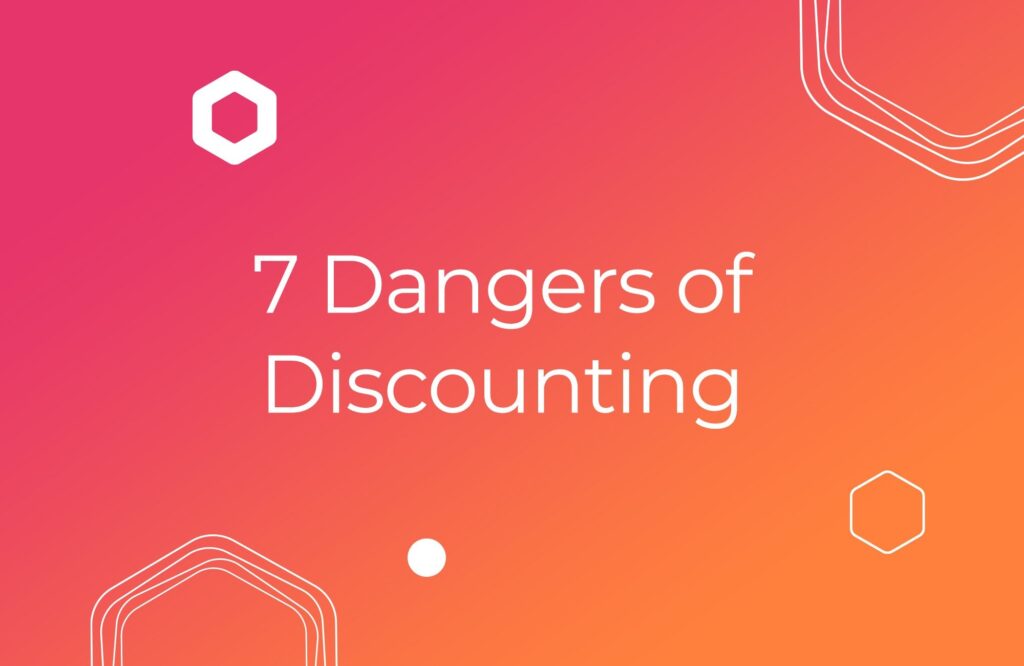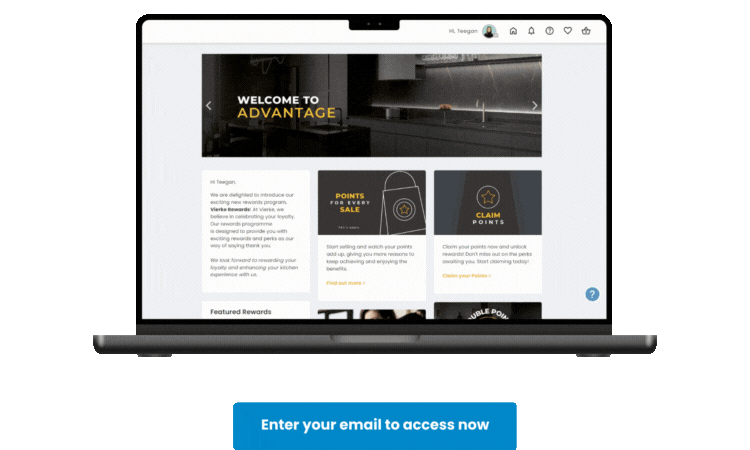


Sometimes in life we look for quick wins. What can help me achieve the results I want but in a shorter amount of time? The problem with these “quick wins” is it usually means missing out on the full potential. This is something businesses have to be cautious of when it comes to maintaining an effective pricing and marketing strategy.
How often have you been drawn into a price battle with your customer? You want to close the sale quickly but the price is causing an issue. So what do you do? Discount the price to secure the deal!
There’s no denying that discounting your price could provide you with a quick win and occasionally improve overall sales. Discounting may boost sales and attract new customers in the short-term too, but what about in the long-term? From a strategic perspective, discounting can have a negative impact on your product or service, your quality and your profitability.
So next time you consider going for the “quick win”, ask yourself:
 Am I creating a negative image for the company?
Am I creating a negative image for the company?
By discounting, you effectively reposition your brand message. You are sending the message that the value of your service or product is lower than the original price. At the end of the day, you pay for what you get! This might be intentional; Lidl’s positioning is obviously different to that of Waitrose for example, but just consider your own offering before potentially changing your customers’ perceptions of the company.
 Am I the type of person who buys based on price and am I the kind of customer I would want?
Am I the type of person who buys based on price and am I the kind of customer I would want?
Focusing on discounting and a lower price may encourage your customers to shop around for an even lower price. The kind of customers that are attracted to you because your price is low are also the sort of customer who will flee to your nearest competitor the second they have a discount or special offer running. These customers are certainly not loyal, which brings us nicely onto the next question…

 Am I in danger of starting a price war I can’t win?
Am I in danger of starting a price war I can’t win?
When your competitors see you discount, they may respond by cutting their own prices. So what happens if they match your price? Your advantage is immediately eroded, and worse still, what if they beat your discount? Can you afford to reduce prices further? It’s a downward spiral and a race to the bottom! The company that will inevitably win the customer is the company with the deepest pockets and that may not be you. Ultimately no one wins, both you and your competitors are eroding your profits.
 Will I be damaging profitability?
Will I be damaging profitability?
Routine discounting can certainly be a quick win but can also damage your business growth in the long run. Before you offer the discount you really need to consider WHY you are doing it. Is it an investment? Will it lead to a greater financial return in the future or is it just the easiest way to close the sale? Consider this example: If your business has a 30% gross profit margin and you offer a 15% discount you are giving away a massive 50% of your gross profit. That obviously means you have to sell twice as much of that product or service in order just to stand still. And you may think the offer is temporary, but now you’re attracting customers that will only buy with a discount.
 Am I setting expectations?
Am I setting expectations?
The new price you offer is the reference point from which your customer will start negotiating for their next order; after all, you were able to do it last time, so why not now? It’s now going to be difficult to raise prices without the customer perceiving you to be dishonest or ripping them off.

 Am I affecting the quality of my products & service down the line?
Am I affecting the quality of my products & service down the line?
Due to the discounts, profit margins are naturally down so you have to start looking inside your company to cut costs if you are to sustain your profitability. You need to start looking at the cost of staffing, marketing and quality; you have to cut costs internally because you aren’t making the profits externally. All this can happen gradually, but as you become more dependent on a price-focused strategy you can unwittingly move the focus away from the value you deliver for the customer and more on cutting costs. This means you have less to invest in developing your business, stifling your growth and leading to poorer quality.
 Am I causing stock inefficiencies and inconsistent buying?
Am I causing stock inefficiencies and inconsistent buying?
By offering regular discounts as a pricing strategy, customers may begin stock piling your products when the prices are reduced. When you notice the pattern of high sales during a discount period and a fall in sales when your discount is removed, you start believing that you need to apply the discount in order to make the sales. It may be that you are not losing any sales, you may simply be cannibalising your own sales down the line. It’s worth working out how the change in sales pattern is affecting your bottom line.
Instead of discounting, learn to create value for your customers so they do not feel like they have to ask for discounts. Make them appreciate that they pay for what they get! After all, your willingness to give a discount may send a message that you do not think the value is there. To attract and gain new customers, whilst protecting your pricing strategy and positioning in the long run, you need to think “how can I add value?”



![How to keep customers coming back for more{{ include_custom_fonts({"Poppins":["Semi Bold"]}) }}](https://no-cache.hubspot.com/cta/default/5921162/interactive-188375258646.png)





